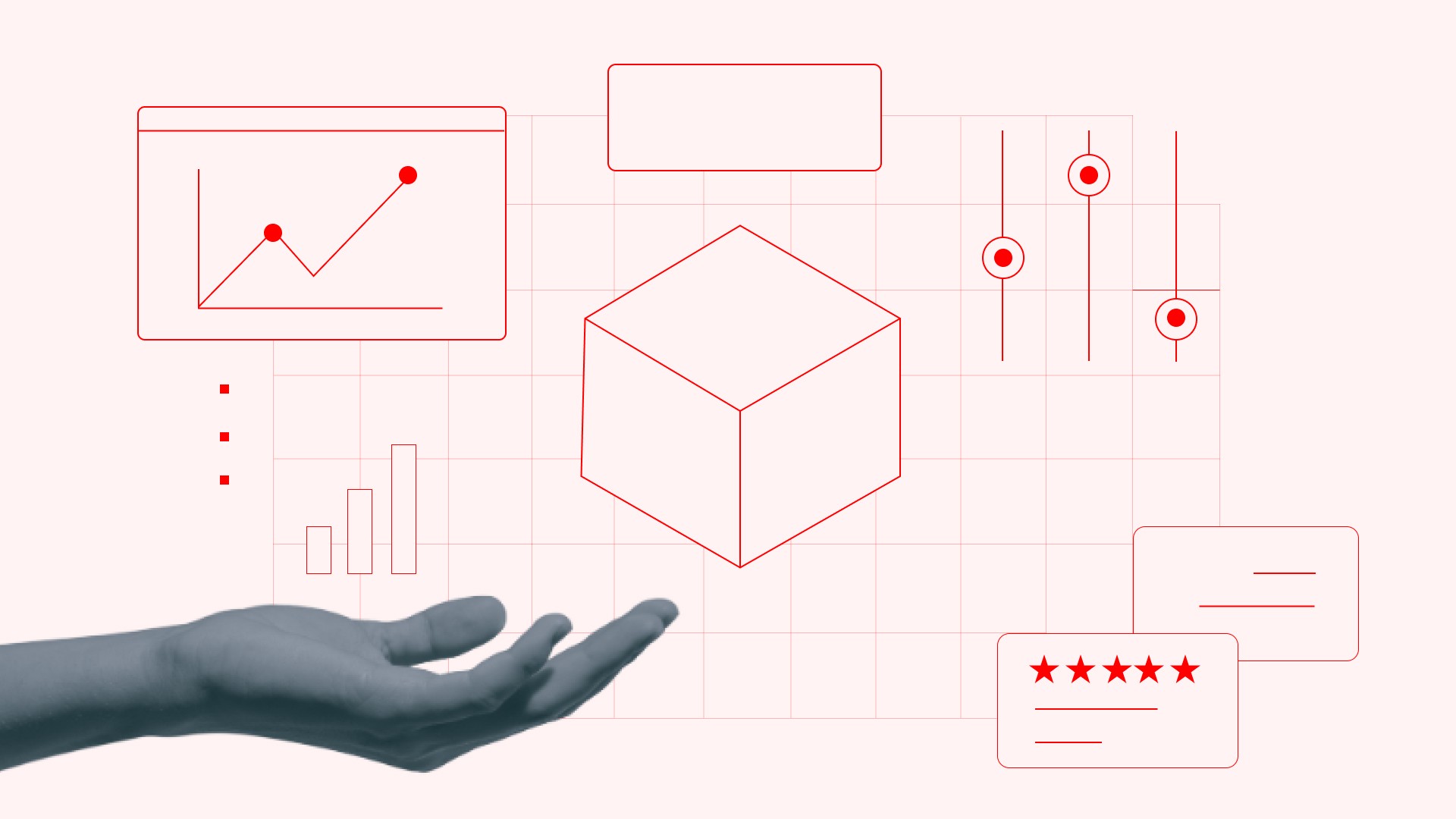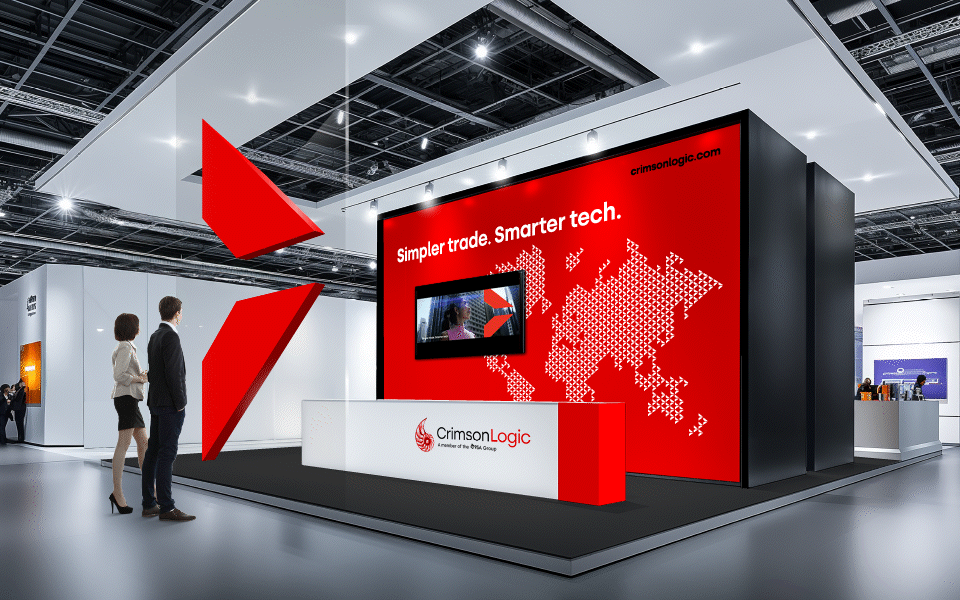What Does a Branding Agency Do? Comprehensive Guide
Discover what a branding agency does: build brand identity, design visuals, and create emotional connections. Choose the right partner for growth!

Discover what a branding agency does: build brand identity, design visuals, and create emotional connections. Choose the right partner for growth!


You've built a solid business. Your product works. Your service delivers. But when potential customers scroll past your brand or choose a competitor with a nearly identical offering, you start to wonder: what's missing?
The answer isn't in your pricing or features. It's in your brand.
In Singapore's hyper-competitive, digitally saturated market, where consumers have infinite choices and attention spans measured in seconds, your brand isn't decoration. It's a strategy. It's the difference between being remembered and being ignored.
However, building a brand that actually works, one that cuts through the noise, builds trust, and drives business growth, requires expertise that most businesses don't have in-house. That's where a branding agency comes in.
This guide explains what branding agencies actually do, how to evaluate them, and how to get maximum value from the investment. You're not just buying a logo. You're investing in your brand's strategic foundation.
Before we dive in:
A branding agency is a firm that specialises in creating, launching, managing, and evolving brands. That definition sounds straightforward, but it undersells what genuinely good agencies do.
The term "agency" might actually be misleading. It suggests hiring a service provider for a project, then parting ways with them. The best branding agencies function more like strategic partners who help you define who you are, what you stand for, and how you show up across every customer touchpoint.
Here's what sets branding agencies apart:
A branding agency does something different: they define your identity before you tell anyone you exist. They answer the fundamental questions: who are you, why do you matter, how should people feel about you, which every other agency needs answered before they can do their job effectively.
Without clear branding, marketing becomes a matter of guesswork. Campaigns look polished but don't convert. Messages feel inconsistent. Customers struggle to articulate what makes you different.
That's where Vantage comes in. We don’t do guesswork & here is the proof.
Branding agencies offer a spectrum of services, depending on where your business sits in its lifecycle. A comprehensive branding engagement typically includes market research, brand strategy development, visual identity creation, and consistent messaging.
Here's what comprehensive branding engagement typically includes:
This is the foundation. Before a single visual element gets designed, the strategy defines:
Strategy work involves stakeholder interviews, customer research, competitive analysis, and workshops that surface insights most businesses never articulate clearly.
Once the strategy is defined, agencies translate abstract positioning into a tangible visual identity:
Good identity design isn't about aesthetics alone. It's about creating a visual language that communicates your positioning instantly, works across every application, and differentiates you in the market.
How you sound is as important as how you look. Agencies develop:
Messaging ensures everyone in your organisation tells the same story, whether it's your CEO presenting to investors or your customer service team responding to enquiries.
A brand exists everywhere your business touches customers. Agencies help implement identity consistently across:
Implementation isn't just applying logos to things. It ensures that every touchpoint reinforces the same positioning, creating a cohesive experience.
Brands aren't static. Markets shift. Businesses grow. Competitors emerge. Strong agencies help you:
This ongoing partnership ensures your brand investment compounds over time rather than eroding through inconsistent execution.
Singapore's market isn't just competitive, it's ruthless. With one of the highest business densities globally, digital-first consumers who expect perfection, and a multilingual, multi-ethnic audience that demands cultural nuance, standing out requires more than good products.
It requires strategic branding expertise that understands local complexity while building for regional scale. Professional agencies don't just make you look good. They help you survive and thrive in a market where half-measures get buried.
Let’s look at the details.
Also Read: Top 10 B2B Branding Companies in Singapore
Understanding the typical engagement roadmap is crucial for maximising your overall value from the process. This roadmap outlines the key stages and milestones you’ll encounter, allowing you to better prepare for each step. By familiarising yourself with these phases, you can identify opportunities for growth and enhancement, ensuring you’re aligned with best practices.
This proactive approach will not only streamline your efforts but also lead to more productive outcomes and a successful engagement experience overall.
Before signing contracts, clarify what you're trying to achieve. Are you launching a new business? Rebranding an established company? Refreshing outdated identity? Expanding into new markets?
Define success metrics: brand awareness targets, customer perception goals, and business outcomes you expect branding to influence.
Agencies begin with a deep investigation:
This phase surfaces insights that inform strategy. Expect 2-4 weeks for thorough discovery.
Using research insights, agencies develop:
This involves workshops, presentations, and collaborative refinement. Expect 3-6 weeks.
Once the strategy is approved, agencies create tangible identity elements:
This typically involves 2-3 concept rounds, feedback cycles, and refinement. Expect 4-8 weeks.
Agencies help deploy the brand across all touchpoints:
Timeline varies dramatically based on scope. A website alone might take 8-12 weeks. Full rollout across multiple touchpoints could span 3-6 months.
Post-launch, agencies provide:
Ongoing partnership might include:
Practical tip: Ask agencies for detailed project roadmaps with milestones, deliverables, and decision points before engagement begins.
Also Read: What Is Brand Communication? The Ultimate Guide for B2B Businesses
At Vantage, we don't just design logos or write taglines. We build brands that matter, brands that stand out, resonate deeply, and drive lasting value.
Whether you're launching, repositioning, or scaling, we help businesses define their identity and ensure that it shows up consistently everywhere it matters.
See how we've helped others. Explore our work. Book a Session with Us.
Engaging the right branding agency isn't a "nice-to-have" creative exercise. It's a strategic investment in your business's future.
1. What's the difference between a branding agency and a marketing agency?
Branding agencies define your identity, positioning, and strategic foundation. Marketing agencies promote your products and services through campaigns, advertising, and lead generation. You need clear branding before marketing can be effective.
2. How long does a typical branding project take?
Timelines depend on scope. Basic identity work might take 2-3 months. Comprehensive rebrand with strategy typically requires 4-6 months. A full brand build with website and implementation across multiple touchpoints can take 6-12 months.
3. Do I need a branding agency if I'm a small business or start-up?
Yes, especially in competitive markets like Singapore. Strong branding helps you stand out from day one, build trust faster, and avoid costly rebrands later. Many agencies offer scaled packages for start-ups.
4. How do I know if I need a rebrand or just a refresh?
Rebrand when your positioning, target audience, or business model has fundamentally changed. Refresh when your core identity is sound, but visual execution feels outdated. A good agency can assess which approach fits your situation.
5. What should I prepare before meeting with branding agencies?
Clarify your objectives, budget range, timeline, and definition of success. Gather existing brand materials, competitor examples, and stakeholder perspectives. The clearer your brief, the better proposals you'll receive.
.jpg)

